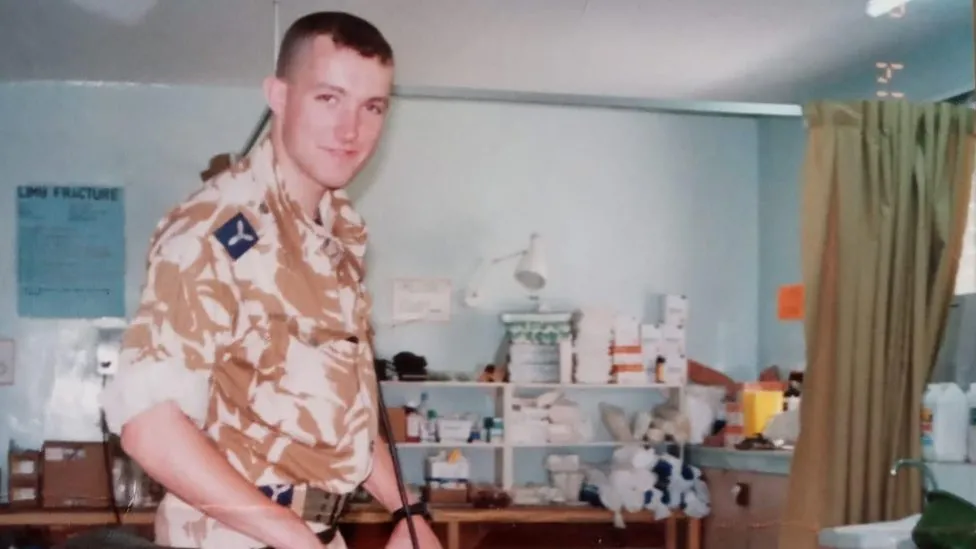In a disheartening turn of events, the government has decided to abandon a crucial commitment to veterans who were discharged or compelled to leave the military due to their sexual orientation. This revelation comes as a significant blow to LGBTQ veterans who have long awaited justice for the discrimination they faced while serving their country.
The commitment in question, initially made by then-Defence Secretary Ben Wallace in response to an independent report, involved a promised Westminster debate to address reparations for LGBTQ veterans. This debate, which was expected to shed light on the government’s response to the issue, has now been scrapped, leaving Members of Parliament without the opportunity to scrutinize the government’s stance.
While the government has vaguely stated that it will publish its full response to the report “shortly,” this move has raised concerns among LGBTQ veterans and their advocates. Leading military charities, including The Royal British Legion and Help for Heroes, have penned an open letter to Prime Minister Rishi Sunak, urging him to uphold the promise of holding a debate and to reconsider the recommended £50 million compensation cap, which they argue falls far short of addressing the veterans’ needs.
The impact of this compensation cap, if maintained, would result in many LGBTQ veterans receiving less than £20,000 in financial settlements. This meager amount threatens to leave them struggling to secure stable housing and facing financial hardship in their later years, especially considering that they lost their income and future pensions when expelled from the forces.
Systemic Homophobia in the Armed Forces
The decriminalization of homosexuality in the UK commenced in 1967, but a ban on LGBTQ individuals serving openly persisted within the armed forces until the year 2000. During this time, LGBTQ service members faced the constant threat of dismissal or coerced resignation due to their sexual orientation.
The LGBTQ Veterans Independent Review, led by Britain’s first openly gay judge, Lord Etherton, examined the experiences of 1,145 veterans who served between 1967 and 2000. The report unveiled a distressing picture of systemic homophobia, including incidents of bullying, blackmail, sexual assaults, degrading medical examinations, and even conversion therapy.
Broken Promises and Ongoing Injustice
Following the publication of Lord Etherton’s report, Prime Minister Rishi Sunak acknowledged that the ban on LGBTQ service members was an “appalling failure” of the British state. He further emphasized that many LGBTQ veterans endured severe sexual abuse, violence, homophobic bullying, and harassment while dutifully serving their country.
Former Defence Secretary Ben Wallace had assured MPs that they would have the opportunity to discuss the report and the government’s response, emphasizing the importance of accountability. However, sources have revealed that the Westminster debate will be replaced with a statement by new Defence Secretary Grant Shapps in Parliament, casting doubt on the government’s commitment to address this issue comprehensively.
LGBTQ veterans, who bravely shared their painful experiences during the review, now find themselves facing a renewed sense of abandonment. The promised reparations hang in the balance, and the compensation cap threatens their financial security, leaving many questioning whether justice will ever be fully served for those who suffered discrimination and injustice in the name of service to their nation.

